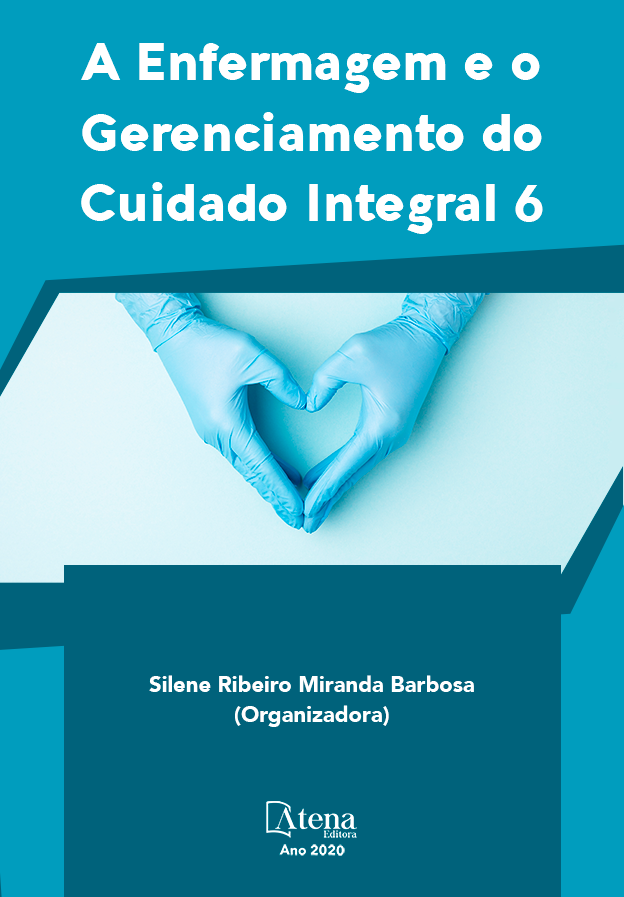
A IMPORTÂNCIA DA EDUCAÇÃO POPULAR NA FORMAÇÃO EM SAÚDE
A Educação Popular em Saúde (EPS) potencializa a formação de profissionais comprometidos com as questões sociais, favorecendo posturas acolhedoras e a promoção da autonomia dos sujeitos participantes. Este trabalho objetiva relatar a experiência de acadêmicos de enfermagem num projeto de extensão envolvendo EPS. O projeto “Gestantes sem onda de zika: educação em saúde para não contar com a sorte” vigorou de 2016 a 2017 e suas atividades aconteciam mensalmente na Unidade Básica de Saúde (UBS) Sinharinha Borges. Nos encontros, as gestantes foram esclarecidas sobre a doença transmitida pelo zika vírus, as possíveis consequências para a gravidez, formas de prevenção, papel do estado e da população no combate ao problema de saúde, dentre outros temas. O grupo tinha uma frequência pequena de gestantes, o que foi atribuído à 1) existência de vínculo empregatício entre algumas; 2) ao horário de realização das ações, o turno vespertino, com suas altas temperaturas ambientais; 3) à ausência de grupos educativos anteriores na UBS; 4) à menor rotina de atendimento na Unidade de Saúde às sextas-feiras e; 5) ao cronograma universitário fixo para atividades de extensão que impedia a mudança de horário dos encontros naquele semestre acadêmico. Não obstante esses desafios, a participação das gestantes durante as reuniões era ativa, havendo formação de vínculo e revisão de práticas em saúde. Conclui-se que a Educação Popular em Saúde é relevante para a formação do enfermeiro, possibilitando ao mesmo, uma visão ampliada do outro e do contexto em que ele se insere e uma escuta efetiva com troca de saberes e experiências de forma horizontal.
A IMPORTÂNCIA DA EDUCAÇÃO POPULAR NA FORMAÇÃO EM SAÚDE
-
DOI: 10.22533/at.ed.6832007122
-
Palavras-chave: Educação em Saúde; Educação em Enfermagem; Educação Superior; Zika vírus.
-
Keywords: Health Education; Education, Nursing; Education, Higher; Zika vírus.
-
Abstract:
Popular health education enhances the training of professionals committed to social issues, favoring welcoming attitudes and promoting the autonomy of subjects. This paper aims to report the experience of nursing students in an extension project involving popular health education. The project called “Pregnant women without a zika: health education so as not to count on luck” was carried out from 2016 to 2017 and its activities took place monthly, at the Sinharinha Borges Basic Health Unit. At the meetings, pregnant women were clarified about Zika virus, the possible consequences for pregnancy, ways of preventing the disease, the role of the State and population in combating the disease, and other topics. The group had a low frequency of pregnant women, what was attributed to factors including (1) the existence of an employment relationship between some participants; (2) the time of the actions (afternoon shift), which is unfavorable due to the high temperatures; (3) the absence of previous educational groups in the study setting and; (4) lower attendance routine in the Basic Health Unit on Fridays and; 5) the fixed university schedule for extension activities that prevented the change in the schedule of meetings in that academic semester. Despite these challenges, the participation of pregnant women during the meetings was active, with bond formation and review of health practices. It is concluded that popular education in health is relevant to Nursing training allowing an enlarged view of patients and the context in which they are inserted, and an effective exchange of knowledge and experiences.
-
Número de páginas: 8
- Ana Beatriz de Oliveira Fernandes
- Ana Clara Costa Mendes
- Brenda Chaves Diógenes
- Ianca Pereira da Silva Dantas Marques
- Líbne Lidianne da Rocha e Nóbrega
- Júlia Diana Pereira Gomes


